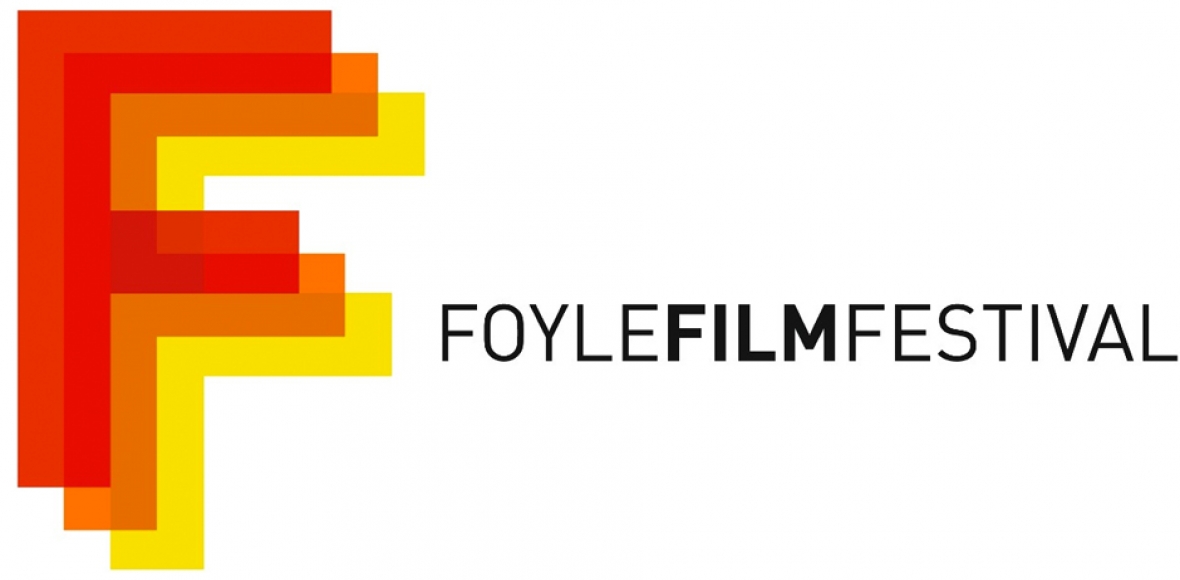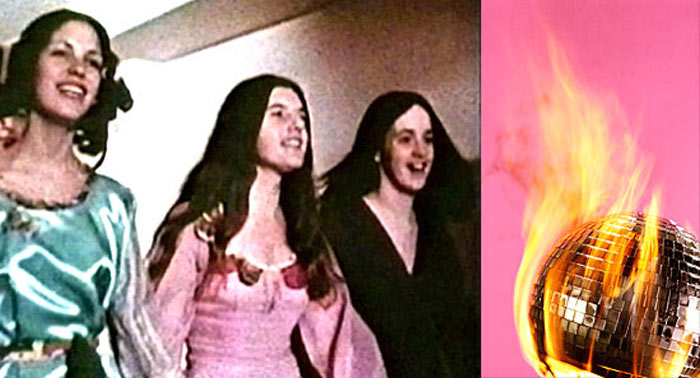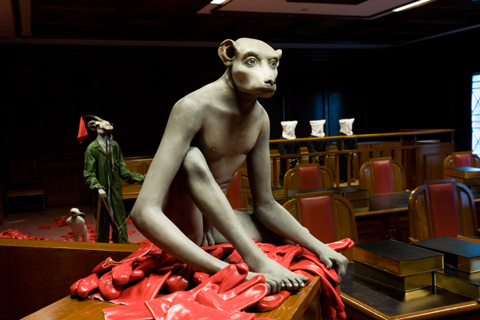
Memory and Conscience at the Foyle Film Festival
LONDONDERRY - Three American filmmakers at the Foyle Film Festival this year raise questions about memory and conscience. The Foyle Film Festival has been taking place every year in Londonderry since 1987 and is regarded as one of the most important events in Northern Ireland. It offers a range of contemporary Irish and European movies and documentaries, workshops, meetings and debates.
Chicago filmmaker Chris Swider presented on Tuesday 27 November, in competition with the documentary, Children in exile. The film is a collection of interviews of several Polish adults who, as children, were interned in Siberia and Kazakhstan camps during the Second World War, unjustly charged by the occupying Soviet system to be “enemies of the people”. These crimes against humanity have never been legally challenged. Sometimes, as one of the interviewed victims states, even forgotten, unlike the crimes perpetuated by the Nazi regime. The documentary combines interviews with archive film footage, paintings created by the survivors, black and white photographs of people sick and starving in the camps. It is a tough film, both in its contents and its images, which challenges the viewer and points out the controversial situation of dreadful crimes never brought to justice, like their perpetrators, some of which are still alive and free. Chris Swider, who works as a producer for Bullet-proof Film in Chicago, is now working on a companion work about women in Soviet labour camps, called Women in Exile. The second documentary screened at the Nerve Centre on Tuesday 27 November, soon after Children in exile, was Soldiers of conscience, by the filmmaker Catherine Ryan, who produced and directed it with her husband, Gary Weimberg. The film is a bright reflection on the psychological condition of American soldiers in Iraq, particularly on the conflict between obeying their duty or one’s own conscience, which, in real combat, means to decide whether or not to kill another human being.
It is a tough film, both in its contents and its images, which challenges the viewer and points out the controversial situation of dreadful crimes never brought to justice.
The plot unfolds along the stream of conscious of interviewed soldiers who chose to become conscientious objectors, from an original enthusiasm in defending their country and its honour. Afterwards they had to face the moment when they met their conscience face-to-face, the true day of reckoning with their own convictions. The film shows how, far from being easy, the answer to the question of to kill or not to kill in the context of a real war is not obvious at all. The choice to be a conscientious objector therefore is a choice between life and death as well as a choice of one’s own destiny, for life. Every soldier sooner or later, states one of the interviewees, has to face the question “Will I be able to kill another human being in combat?". Beyond any sense of membership to the corps, beyond the oath and even beyond one’s own safety every soldier feels the power of his own moral obligations ”You can only kill them if you believe they are subhuman" , seems to be an answer that one of the interviewees gave to the question.
Screened in a number of American film festivals this year, what makes this film peculiar in its genre is that it doesn’t take refuge in a boasting moralism but leaves open the question about the rightness of war, balancing arguments by also presenting a moral justification for it.

xanadu
The exhibition Xanadu, at the Context Gallery of Londonderry from the 19th of October until the 24th of November, is a four-channel epic video installation in which the New Yorker artist Robert Boyd has been working for years. The artist assembled different archivial footage gathered from news broadcasts, internet, documentaries, cartoons and films in four compositions
A walk in the Bogside: you're now entering Free Derry
A visit to Derry means also a visit to one of the hubs of the history of Northern Ireland. I used to live in Derry some years ago and in the pubs, after a few drinks, I would often hear stories from locals about their first-hand experiences during the “troubles”.

Security (Surveys from the Cape of Good Hope): Jane Alexander @ La Centrale Électrique
Through July 21st, La Centrale Électrique of Brussels exhibits the first monographic exhibition in Belgium of the controversial and surprising African artist Jane Alexander, titled Security (Surveys from the Cape of Good Hope).